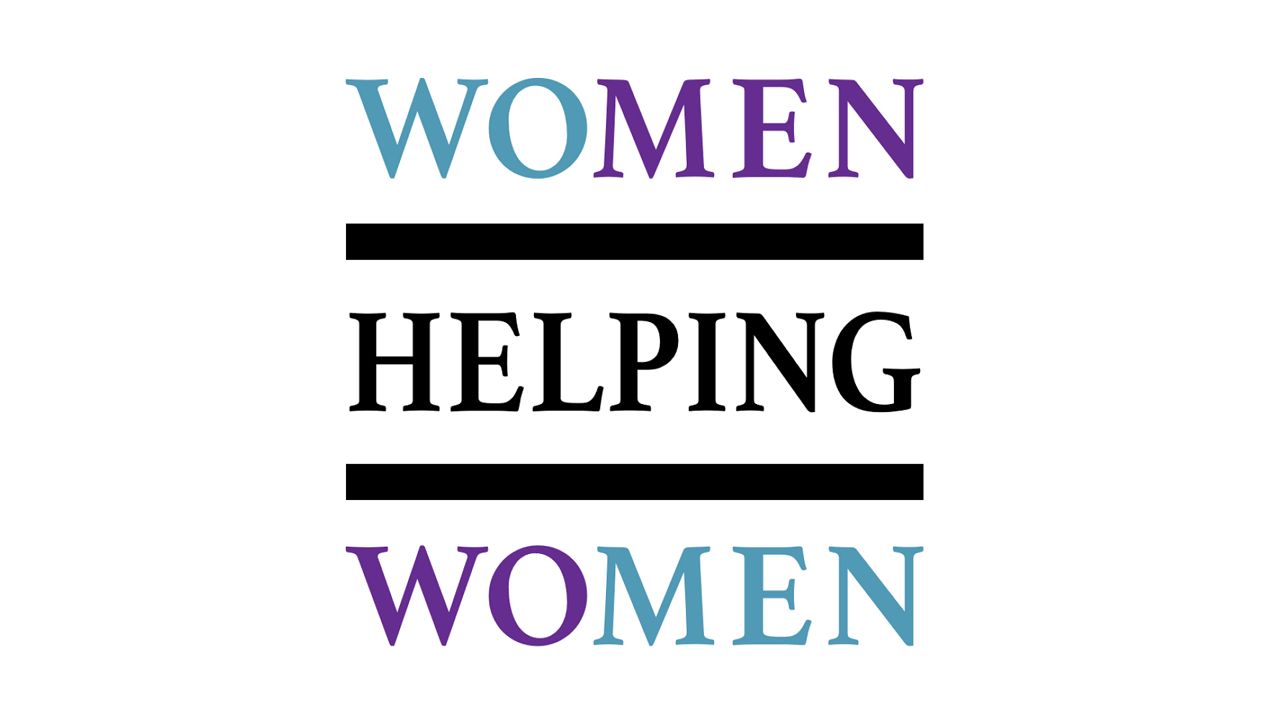CINCINNATI — There's another pandemic that is affecting communities nationwide and it is on the rise: Domestic violence.
What You Need To Know
- Domestic violence seen as 'the other pandemic' - numbers have increased nationally and locally
- Cincinnati has had nine domestic violence-related deaths so far this year. That's more than the past two years combined.
- Women Helping Women is working to make it easier for survivors to come forward
- Experts say loved ones should watch for warning signs and be ready for "tough conversations"
Kristin Shrimplin, CEO and president of Women Helping Women (WHW), said domestic or gender-based violence is a "human rights abuse" that has long been and continues to be a public health crisis, especially during the time of isolation during the pandemic.
"The last year-plus has been a real challenge. A lot of the coordinated systems we rely on were fundamentally compromised — health care systems, social services. A lot of us, we were just trying to do the best we could to keep up," said Shrimplin.
Despite its name, Women Helping Women serves all victims of domestic violence — regardless of gender or sexual identity.
"This is a problem that affects everyone, even if in different ways and capacities," Shrimplin said.
One in every three women has been beaten, coerced into sex or otherwise abused in their lifetime, according to data from WHW's website. Those numbers are getting worse during the COVID-19 pandemic.
WHW's 24-hour support hotline is on pace to review nearly 12,000 calls for crisis support this year. Shrimplin said the text chat function is used around-the-clock.
But sometimes the calls and texts don't come in time.
The Cincinnati Police Department said the city has already had nine domestic violence-related homicides in the first seven months of 2021. That's more than the eight reported incidents Cincinnati has seen in the last two years combined.
Assistant Police Chief Lisa Davis said on average 6% to 8% of homicides in Cincinnati are related to domestic violence. This year, that number is closer to 18%.
"That is a big jump,” said Davis, who has been outspoken about the issue the past few weeks. Davis turned to social media to voice her frustrations following the shooting death of 31-year-old Michelle McDonald.
Police said McDonald was pregnant at the time she was gunned down by a man identified as her boyfriend.
She managed to give birth to the child she was carrying, but the newborn, Aaliyah McCoy, passed away Saturday.
"The death of Michelle McDonald and her baby are a true tragedy. [The Cincinnati Police Department] will do everything possible to hold [the suspect] accountable for their deaths,” Davis wrote in a tweet.
Shrimplin said she is not at all surprised, but for the community "this should be a very loud-sounding alarm bell."
"Unless we enact systemic changes, what is going to keep us from having another domestic violence homicide next month," she asked.
She explained that violence doesn't always involve a gun or knife and there isn't always punching or kicking. It can be verbal or emotional. Sometimes it's sexual, even stalking.
But none of those is acceptable, Shrimplin said.
Shrimplin said it can be difficult for people experiencing domestic violence to just "pick up and leave." Many times there are families, children, significant others involved.
WHW reports 81% of survivors report that the perpetrator is either a current or former intimate partner.
Davis said CPD responds to all domestic violence calls and will arrest or detain suspects per their policies, but there's only so much they can do.
"That is a crime that until that person is ready to make a move, until they feel supported and able, they’re not going to," she said. "We will keep going back to let them know that when they're ready, we will support them. But they've got to make that choice themselves."
Those first few minutes after a domestic violence incident are crucial, Shrimplin said. That's why WHW created the Domestic Violence Enhanced Response Team (DVERT).
WHW sends DVERT staff to the scene of active domestic violence calls in Greater Cincinnati. They provide on-site resources and support to victims. They will also offer to help the survivors create a safety plan to avoid future violence. About 85% accept, Shrimplin said.
DVERT started in Cincinnati, but recently expanded to work with 15 law enforcement jurisdictions across Hamilton County.
Shrimplin said WHW team members are on pace to appear at 1,400 domestic violence police calls this year. That number is a 40% jump over last year, but Shrimplin is quick to point out it's in part due to program expansion.
Davis said the issue is far too complex to draw conclusions about the cause of the spike. But she said pandemic-related stressors — things like a lost job, family health issues, or even being stuck at home — may exacerbate existing issues.
Shrimplin said the most important thing a person can do is be there and be aware. If you see something, say something. If someone tells you something, believe them.
"The most critical thing a person can do is listen. They need someone to say, 'I believe you,'" she said. "Survivors need to hear that. Survivors often fear that no one will believe them so they don't come forward."
Domestic violence isn't something that just happens. Davis said you'll see "warning signs."
"Look to see if someone is being controlling, or manipulative. Are they isolating friends and family? Those types of things you want to look for," she said. "We all have to be willing to ask those tough questions."
"We see many, many signs leading up to that," Shrimplin added. "Violence can kill, but so can silence."
The 24-hour hotline for calls or texts is 513-381-5610. More resources are available on the Women Helping Women website.



